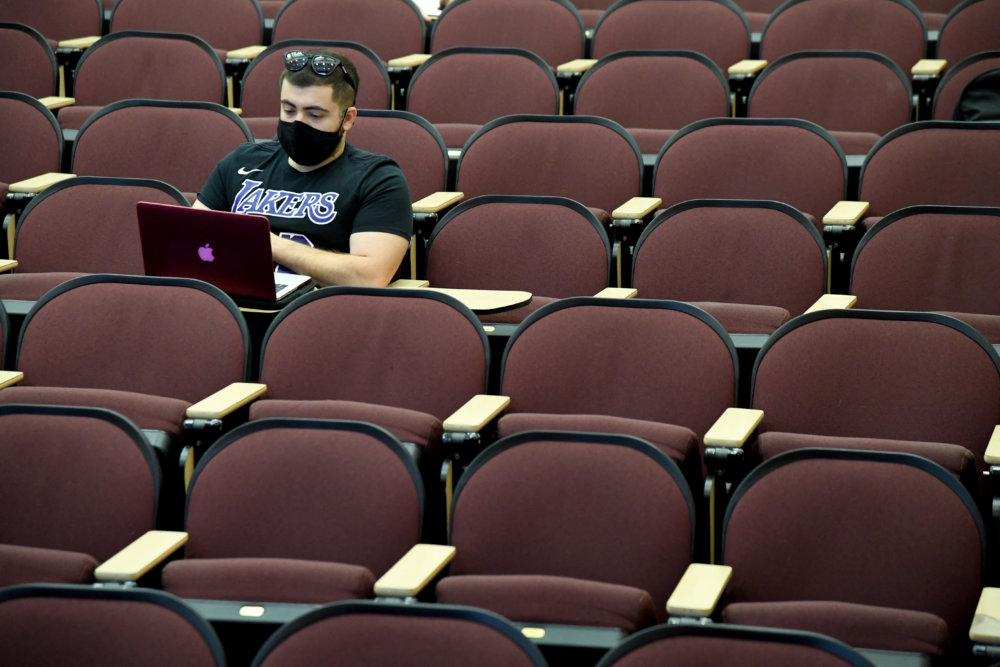
How many of us are guilty of using simple, painfully obvious passwords? Many more are oblivious to the importance of keeping passwords safe. This is one of the most common cybersecurity mistakes that make users vulnerable online.
Whether it’s for work, school, or personal reasons, your passwords should help keep your accounts secure, especially in a time when most learning and working occurs remotely.
Since hacking is a “numbers game,” beefing up your security would deter cybercriminals from spending too much time on your accounts. Doing this not only protects your information but saves you the time and resources of dealing with a cyber attack in the future. Here are three simple ways you can ensure your digital information remains safe both at home and in school.
Treat passwords as unique, sensitive information
More often than not, security breaches occur because of human error or oversight. According to Tech Wire Asia, using the same password in and out of your work or office space compromises not only personal cybersecurity but also that of your organisation. Since hackers know many people reuse passwords across platforms, they could easily try your password on multiple popular services — even accessing your bank accounts, shared files, website administrative backends, and social media accounts.
Therefore, it would be wise to use different passwords for different services. Avoid using easy-to-obtain personal information such as your date of birth or pet’s name. You could also scramble your password so it looks like a random sequence instead of a predictable one like “12345”. Take it one step further by changing your passwords periodically, for example after a change of device.

When you keep passwords safe, you protect yourself and your university. Source: Ethan Miller/Getty Images/AFP
Store passwords in a digital keychain
We all forget, which is why it helps to store your passwords. However, it’s neither enough nor safe to write them down in plain text, or in a Google Doc. This is where digital password managers come in. U2B recommends LastPass, Dashlane, or Sticky Password to keep track of important login information in one, easy-to-access location online. Many other sites are available to keep your passwords safe too.
Use multi-factor authentication
Thankfully, cybersecurity has come a long way with two-step authentication and multi-factor authentication (MFA). Two-step authentication involves one extra login detail beyond username and password, such as a security phrase or push notification on your phone. MFA takes it one step further with a fingerprint, facial recognition, or one-time code delivered via text message.
These extra authentication steps help you manage account security without overreliance on one password; as we’ve learned, this is a rookie mistake. Protecting your online identity is the modern-day equivalent of keeping your social security number private. So whether you’re a student or a fresh graduate, it pays to remain vigilant with password management.










